du and Emarat EV Charging Stations Company (UAEV) have signed an MoU at WETEX 2025 to build out a smarter, larger EV charging network across all seven emirates. The plan combines du’s telecom footprint with UAEV’s charging know-how to add charging hubs, loyalty rewards, AI-assisted site planning and B2B fleet solutions. The move aligns with the UAE’s clean-energy push and Net Zero 2050 targets.
What’s actually been announced
A strategic partnership, not a completed network. It sets the scope and intent, and names the early focus areas.
- Signed at WETEX 2025 in Dubai on 3 October 2025
- National EV charging ecosystem across the UAE
- New charging hubs, loyalty and rewards, AI-powered planning
- Integration with telecom services for smarter monitoring and 5G connectivity
The MoU pairs du’s infrastructure with UAEV’s deployment capabilities. Expect smarter charger placement using AI, near-real-time monitoring and 5G links, plus customer-facing perks through loyalty programmes.
Why this matters for drivers in the UAE
The UAE’s EV market is growing, and charging needs to keep up. This collaboration is meant to make charging more reliable and visible, while trimming wait times at peak hours.
- Smarter placement should reduce bottlenecks
- Loyalty integration hints at discounts or bundled benefits
- Better uptime via smart monitoring and 5G backhaul
- Consistent experience across locations
Both sides frame it as infrastructure that supports cleaner mobility and faster, more reliable charging sessions. That means less hunting for a working plug and more predictable charging for daily commutes.
- Related reading on Tbreak: Dubai’s plan for 200 ultra-fast chargers by 2026 and our look at ForEVo’s rollout.
What UAEV brings to the table
UAEV is a national JV launched in May 2024 by Etihad Water and Electricity and the Ministry of Energy and Infrastructure. Its mandate is to expand fast, accessible charging across all seven emirates.
- Backed by federal stakeholders
- Role in the National Electric Vehicles Policy and Demand Side Management Programme
- Targeting a 40% improvement in transport energy efficiency
- Goal: 2,000+ high-speed DC chargers by 2030
This partnership taps UAEV’s on-the-ground experience deploying and operating DC fast charging, with a clear 2030 scale target that signals long-term investment.
What du adds beyond connectivity
du will wrap the charging network with telecom-grade tools: 5G connectivity, AI-driven analytics and smart monitoring.
- 5G links for reliable online status and payments
- AI for planning locations and balancing load
- Security and IoT integration from telco systems
- Potential tie-ins with du’s customer ecosystem
du frames this as digital infrastructure in service of green mobility, aiming for faster and more reliable charging sessions that line up with national sustainability targets.
More context on du’s recent network moves: 5G-Advanced rollouts and emergency calling on smartwatches.
The quotes, trimmed to the useful bits
Both executives point to smarter, more reliable charging and national sustainability goals.
- du CTO Saleem Alblooshi: integrating AI, smart monitoring and 5G to enable faster, more reliable charging tied to clean-energy targets.
- UAEV CEO Ali Al Darwish: partnering to deliver a “future-ready” ecosystem supporting Net Zero 2050 and wider EV access.
These statements map to the partnership’s practical pillars: scale, reliability and national policy alignment.
For fleets and businesses
The MoU also covers B2B fleet solutions. Expect packages for companies that need predictable charging for delivery vans, taxis or corporate cars.
- Centralised billing and reporting
- Multi-site access with one account
- Potential loyalty benefits for drivers
- Planning tools for depot and on-route charging
While details are not disclosed yet, the scope suggests enterprise-grade services that simplify operations for fleet managers.
How this fits into the wider UAE charging picture
The UAE is stacking multiple charging initiatives. This one adds national coverage ambitions with telecom integration.
- National policy alignment and federal backing via UAEV
- Telco-level uptime and data for better user experience
- Scale target through 2030 with 2,000+ DC fast chargers
- Complements city-level ultra-fast projects and private rollouts
For broader context, see our EV explainers and local news hubs: Hybrid vs electric in the UAE
What did du and UAEV sign at WETEX 2025?
A Memorandum of Understanding to create a nationwide EV charging ecosystem with hubs, loyalty rewards, AI-assisted planning and fleet solutions.
When and where was it signed?
3 October 2025 in Dubai during WETEX 2025.
Who is UAEV?
A joint venture launched in May 2024 by Etihad Water and Electricity and the Ministry of Energy and Infrastructure to expand EV charging across all seven emirates.
How many chargers are planned?
UAEV is targeting more than 2,000 high-speed DC charging points by 2030.
What benefits should drivers notice?
More reliable charging with smarter placement, telecom-grade monitoring and potential loyalty perks, aiming for a smoother day-to-day experience.
—
Subscribe to our newsletter to get the latest updates and news


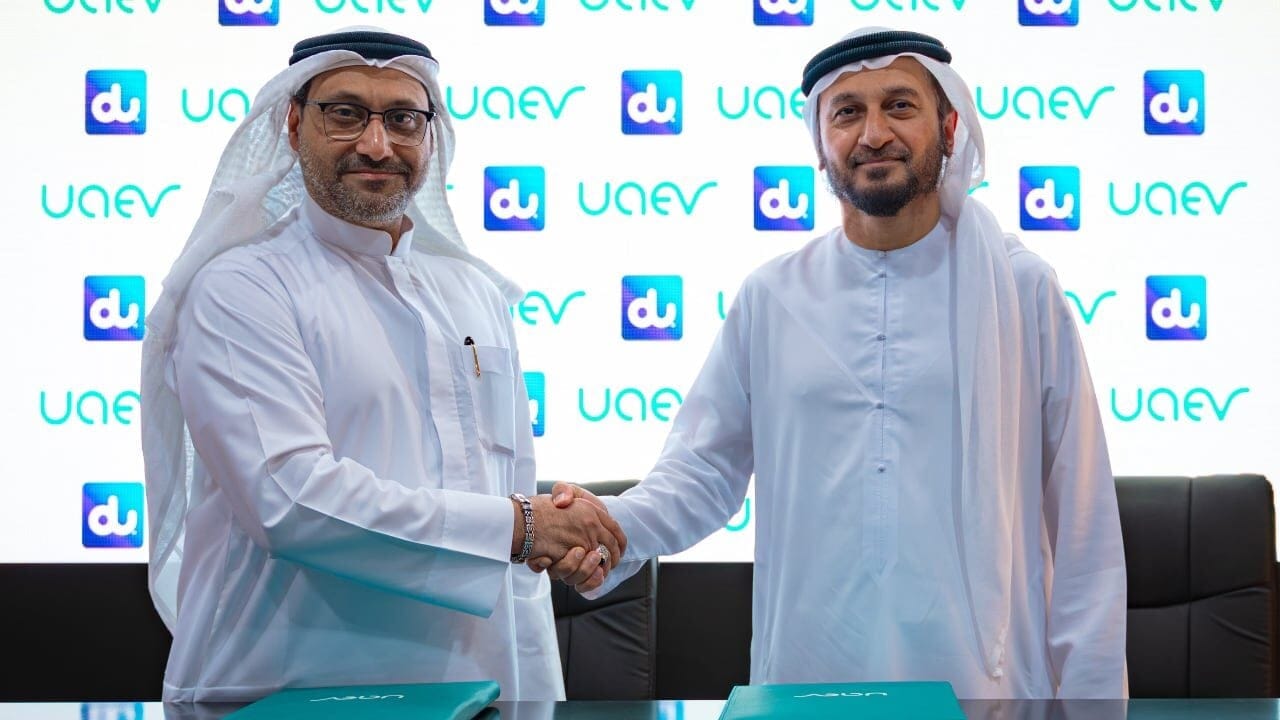

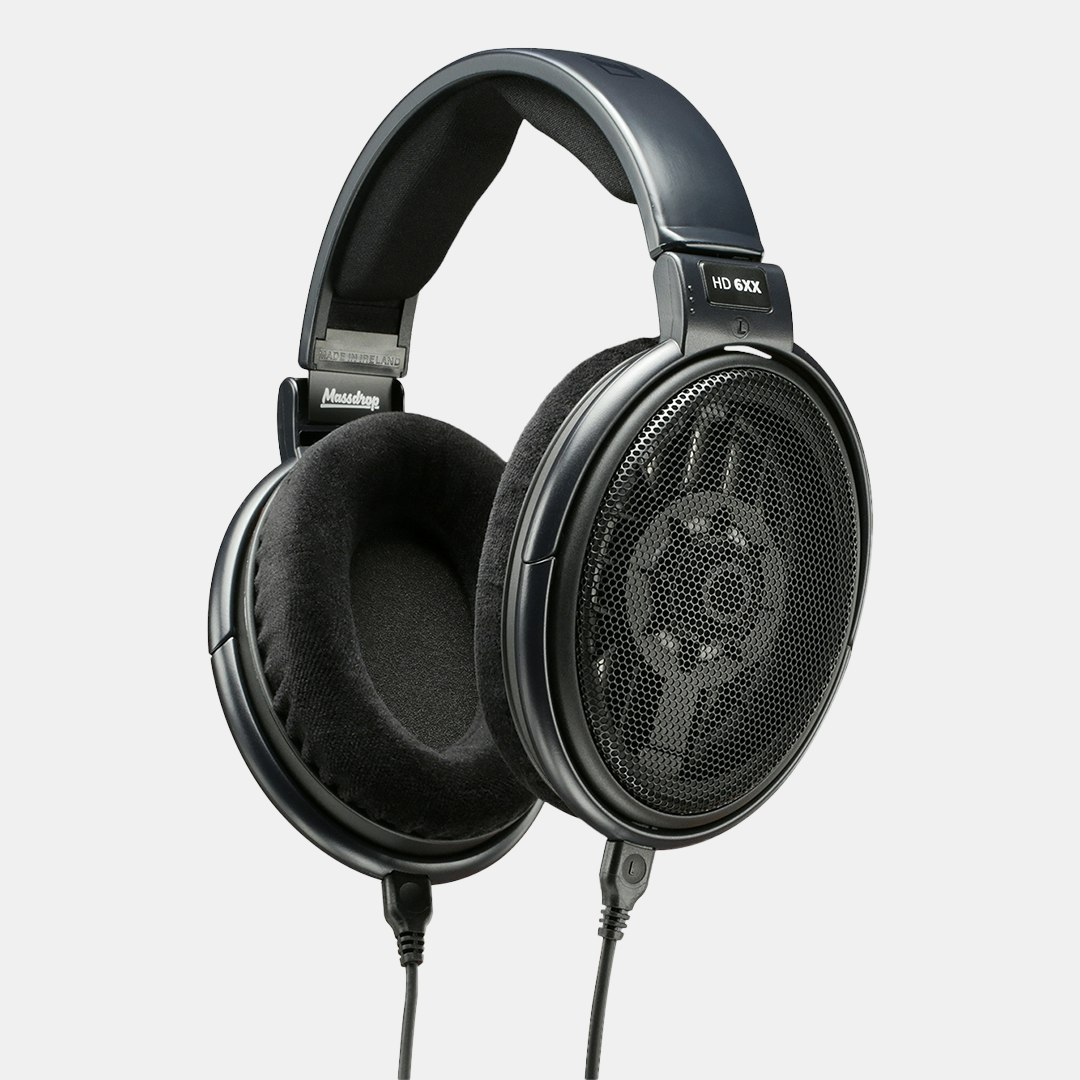

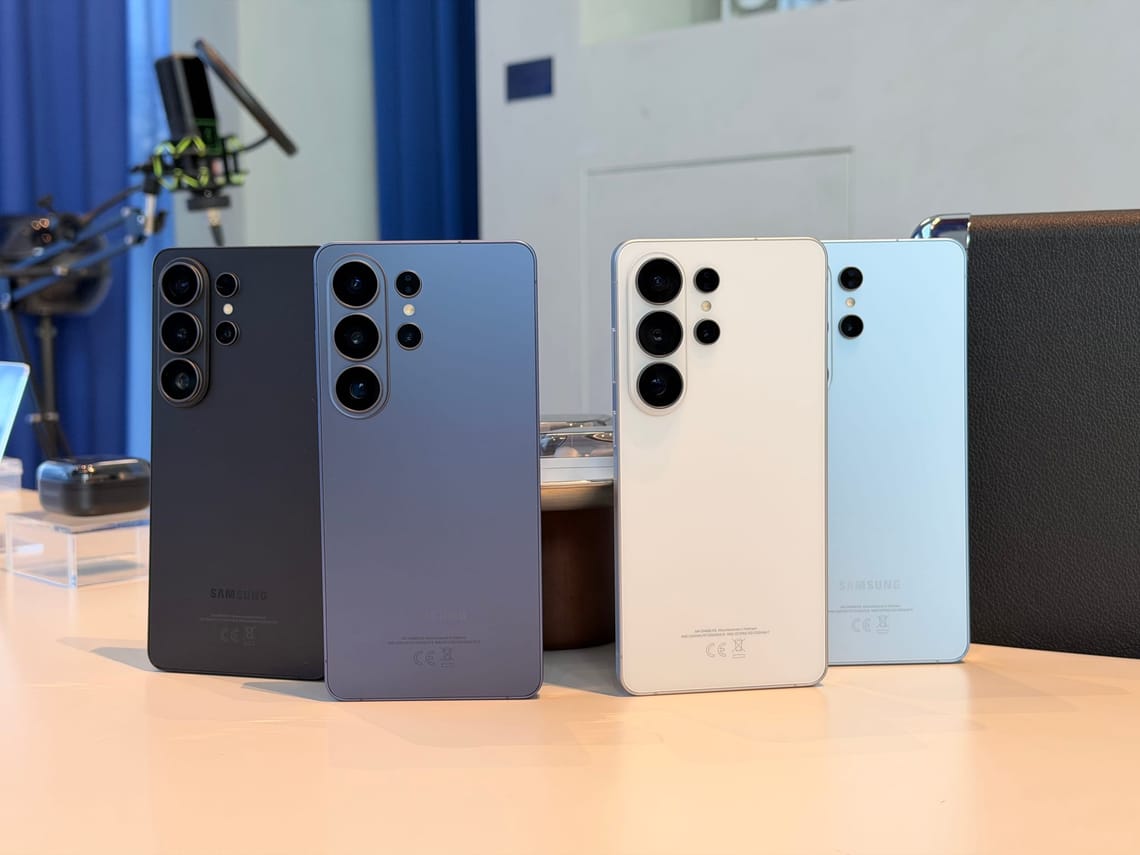



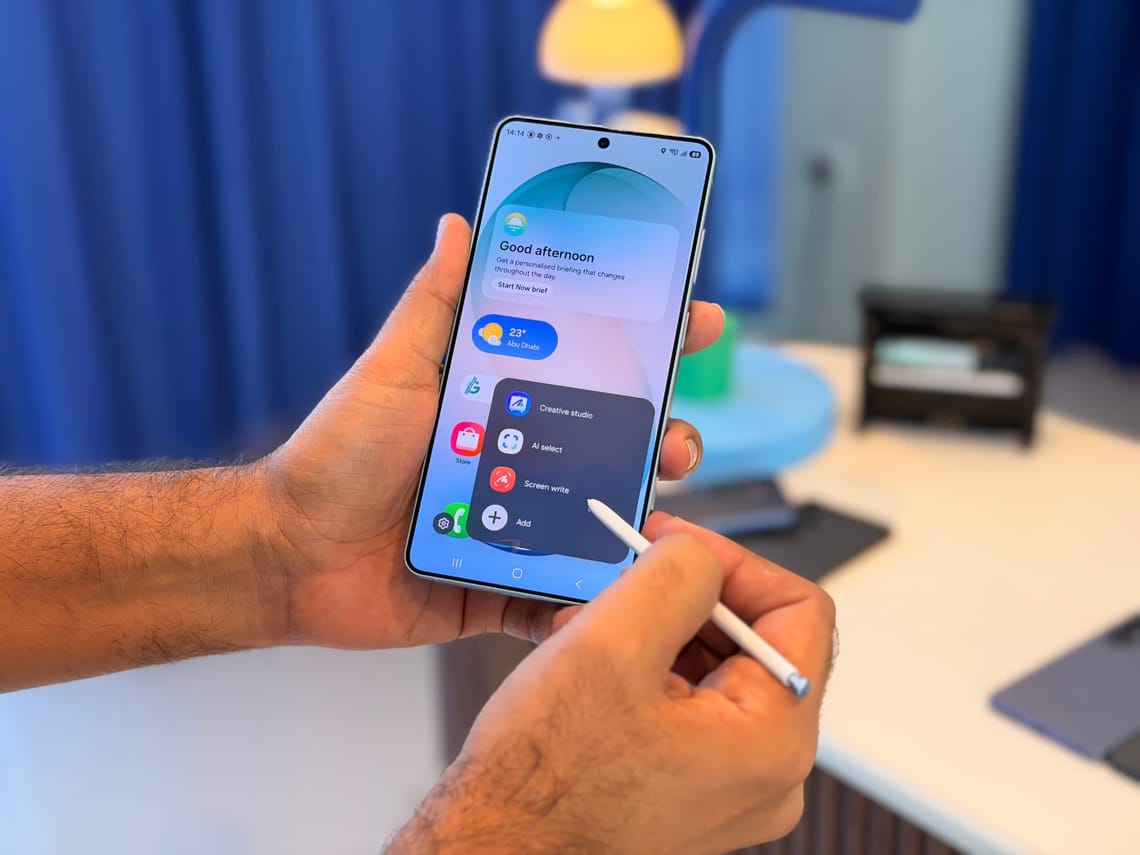

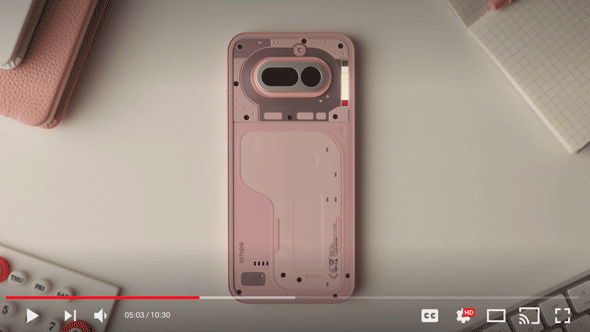

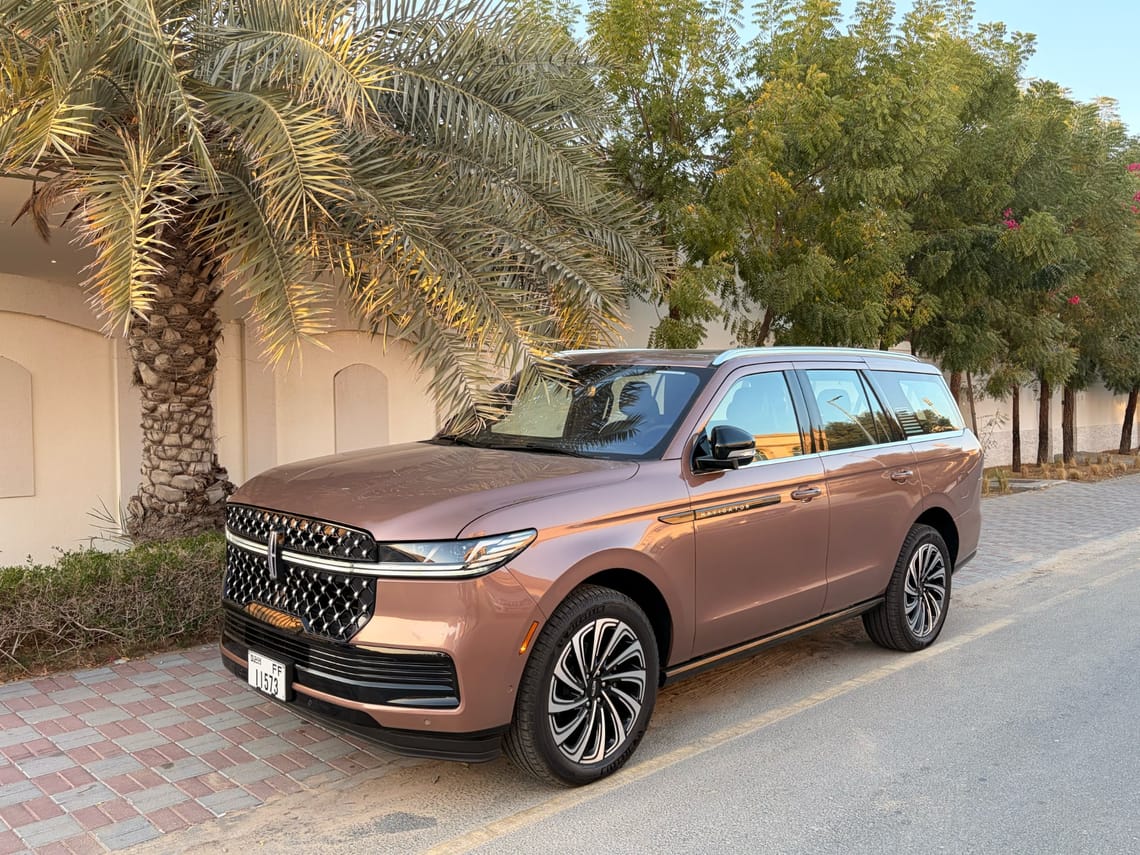
Member discussion